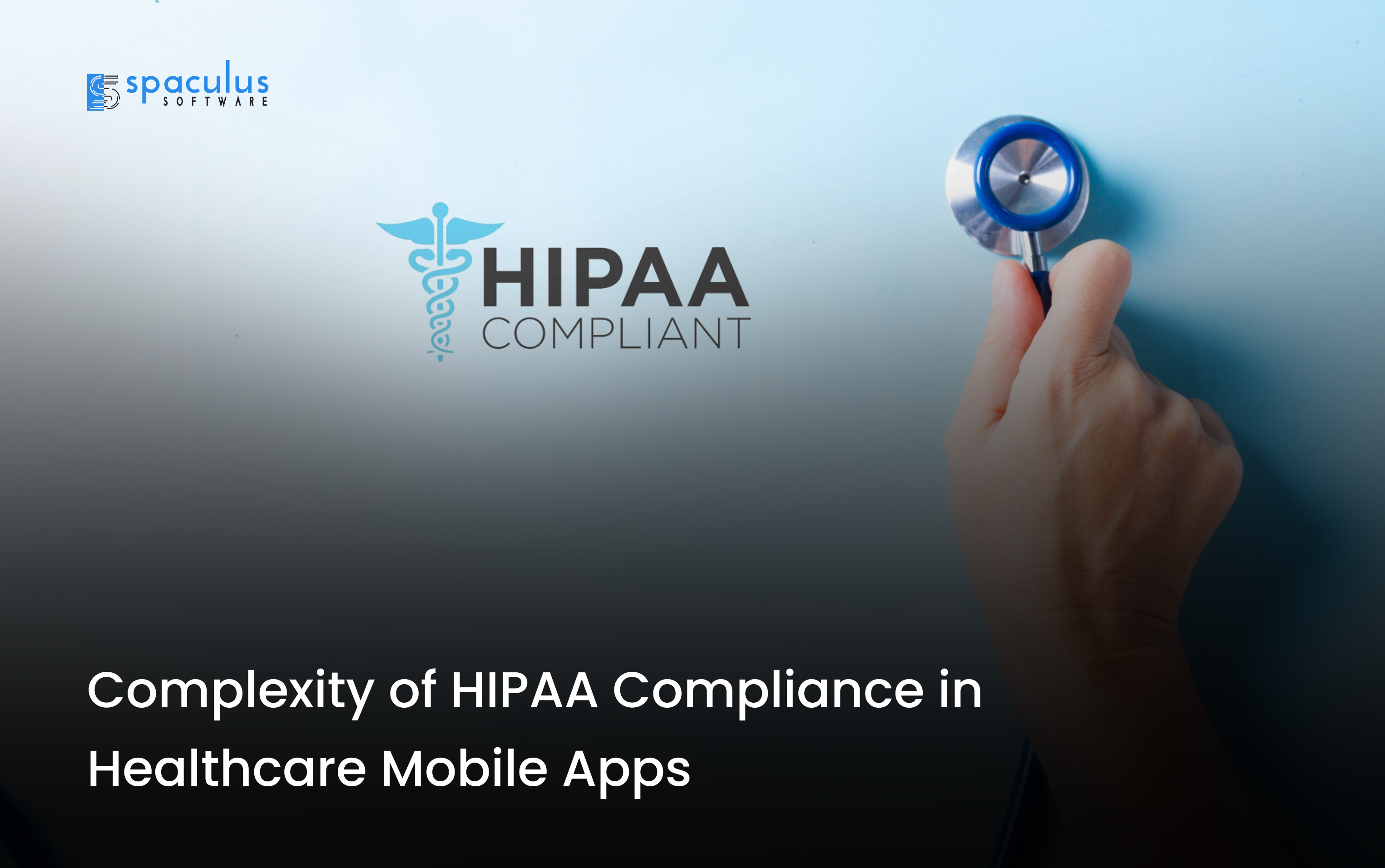
The healthcare industry is changing fast, and mobile apps are becoming a big part of how doctors and patients connect. But with this change comes the need to follow strict rules about protecting patient information, known as HIPAA (Health Insurance Portability and Accountability Act). These rules are in place to make sure that patient data stays safe and private.
In this article, we’ll break down what HIPAA is, why it’s important for healthcare apps, and how to make sure your app follows these rules. We’ll also talk about the good things that come from having a HIPAA-compliant app, and why it’s worth the effort.
HIPAA is a law in the U.S. that was created in 1996 to protect patient information. If you’re developing a healthcare app that handles patient data, you need to follow HIPAA rules to make sure that information stays private and secure.
If you don’t follow these rules, you could face big fines and hurt your reputation. That’s why it’s so important to understand HIPAA and make sure your app is compliant.
Healthcare apps are becoming more popular every year. In fact, the global market for these apps is expected to reach $111.1 billion by 2025. This growth is being driven by more people using smartphones and the increasing demand for remote healthcare services.
But as these apps become more common, there’s also more focus on making sure they protect patient data. Developers need to make sure their apps are not only easy to use but also meet all the necessary security requirements.
1. Encrypting Data HIPAA requires that all patient data in your app be encrypted. This means making the data unreadable to anyone who doesn’t have the right key. Encrypting data adds security but can also make the app more complex to build.
2. User Authentication HIPAA also requires strong ways to verify that users are who they say they are before they can access patient data. This could include things like two-factor authentication or fingerprint scans. While this makes the app more secure, it also requires more effort to set up.
3. Storing Data Securely Your app needs to store patient data in a way that keeps it safe and limits who can access it. You also need to keep records of who accessed the data and when.
4. Working with Third Parties If your app works with other companies (like cloud storage providers), you need to make sure they also follow HIPAA rules. This can mean carefully checking their security practices and doing regular reviews.
The Cost of Non-Compliance: In 2023, healthcare organizations in the U.S. paid over $28 million in fines for not following HIPAA rules. Many of these fines were because of problems with mobile apps, showing how important it is to get compliance right.
Success Stories: On the other hand, some healthcare companies have built HIPAA-compliant apps that have improved patient care and increased trust. For example, a telehealth provider saw a 40% jump in patient satisfaction after launching a HIPAA-compliant app.
While following HIPAA rules can be challenging, the benefits are huge. HIPAA-compliant apps protect patient data and improve the overall experience for users. They make it easier for patients and doctors to communicate securely, access medical records, and even get remote healthcare services.
These apps can also lead to better patient engagement, meaning patients are more likely to stick to their treatment plans, which improves their health. As the healthcare industry continues to evolve, having a HIPAA-compliant app will be crucial for staying competitive and meeting patient needs.
1. Regular Audits Regularly check your app for any security issues. This helps you fix problems before they become bigger issues.
2. Educate Your Team Make sure everyone on your team understands HIPAA and how it applies to the app. Ongoing training is key.
3. Work with Experts Consider hiring experts in HIPAA compliance to help guide your app development. They can help make sure everything is up to standard.
4. Focus on User Experience While security is important, your app also needs to be easy to use. A good balance between security and user experience will help your app succeed.
HIPAA compliance in healthcare apps might seem complicated, but it’s essential. By understanding the rules and following best practices, you can create an app that not only protects patient information but also offers a great user experience.
The benefits of HIPAA-compliant apps are clear: they build trust, improve patient care, and help healthcare providers meet the growing demand for digital solutions. By prioritizing HIPAA compliance from the start, you can create a secure, effective, and trusted app that meets today’s healthcare needs.
App Development